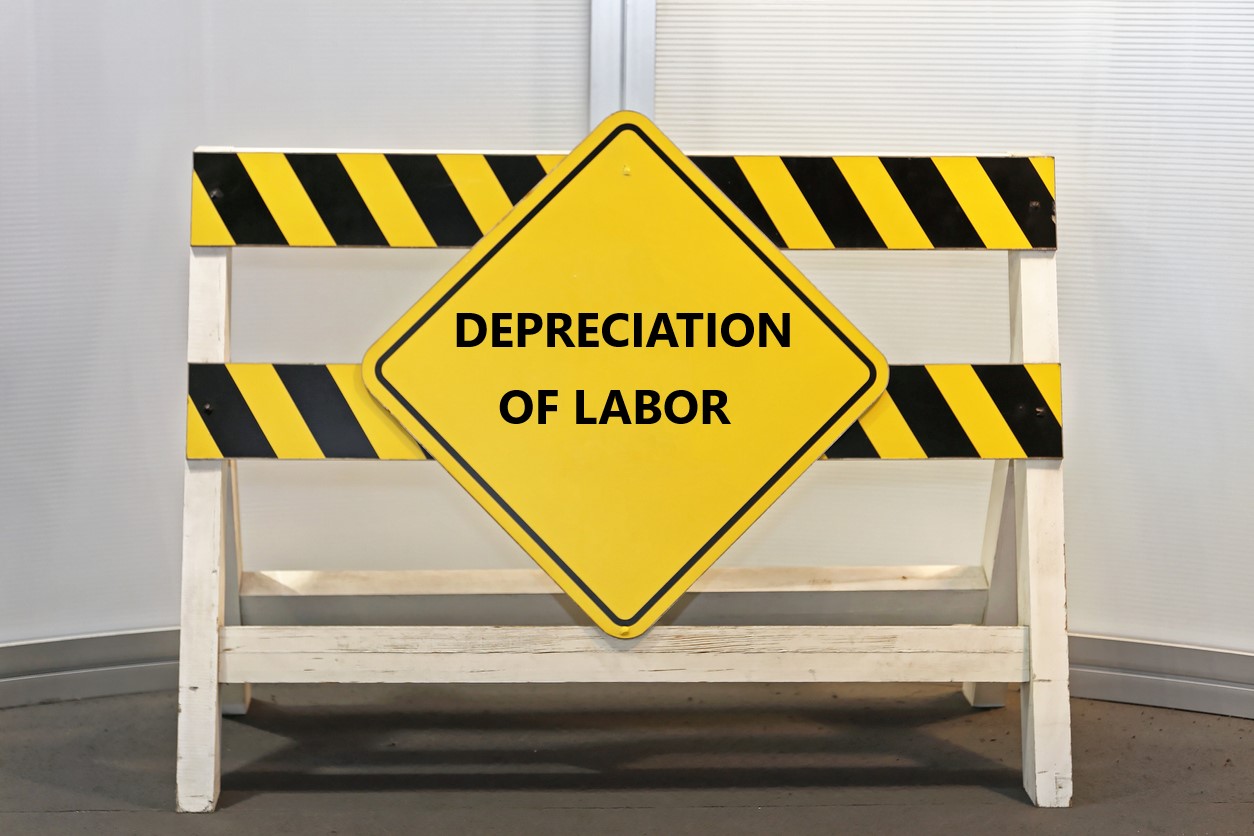There are a few things to consider when making a bad faith claim against an insurer. Recently, the Texas Court of Appeals laid out a rule to remember when suing your carrier. In Southland Lloyds Insurance Company v. Cantu,1 the appellate court held:
[A]n insurer’s reliance on an expert’s report, standing alone, will not necessarily shield the carrier if there is evidence that the report was not objectively prepared or the insurer’s reliance on the report was unreasonable.
In Cantu, homeowners brought an action against insurer for breach of contact and bad faith when the insurer paid $2,036.85 for a hail claim and the homeowners had an estimate of $65,000.00. Finding in favor of the homeowners, the Court determined:
- Bad faith is not established if the evidence shows the insurer was merely incorrect about the factual basis for its denial of the claim, or about the proper construction of the policy.
- A simple disagreement between experts about whether the cause of the loss is covered won’t support bad faith; however, the mere fact that an insurer relies upon an expert’s report to deny a claim does not automatically foreclose bad faith recovery as a matter of law.
- To succeed on a bad faith claim the party must bring direct or circumstantial evidence showing that the carrier’s expert opinion was questionable and that the carrier knew or should have know that the opinion was questionable.
- An insurer may breach its duty of good faith and fair dealing by failing to reasonably investigate a claim.
- The issue of bad faith does not focus on whether the claim was valid; but whether the insurer’s liability became reasonably clear.
Bad faith isn’t the type of claim an insured can consider as a slam dunk to getting a recovery. Bad faith litigation is navigated best when using the court’s prior rulings as a road map. The Cantu decision is a great place to start.
1 Southland Lloyds Ins. Co. v. Cantu, 399 S.W. 3d 558 (Tex. App. – San Antonio 2011).



